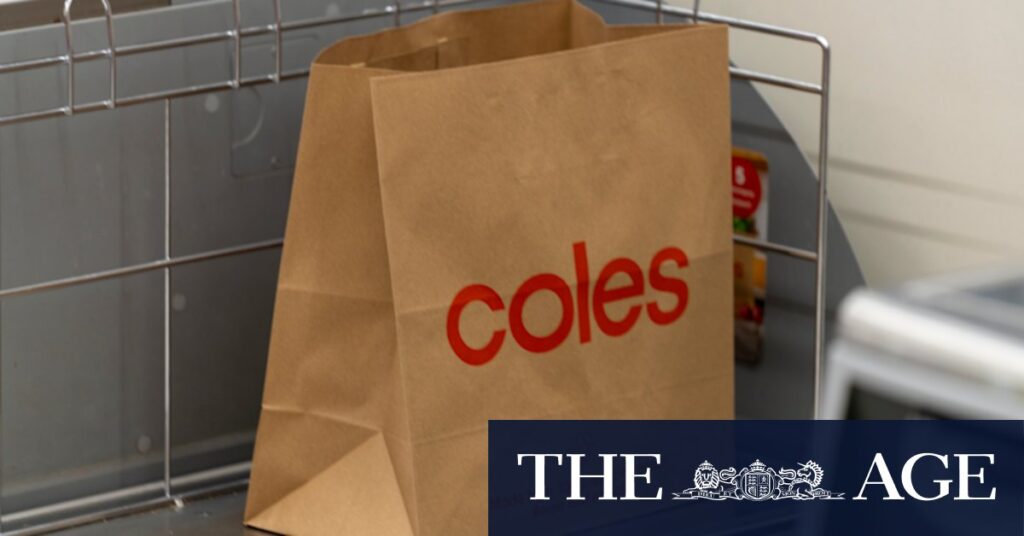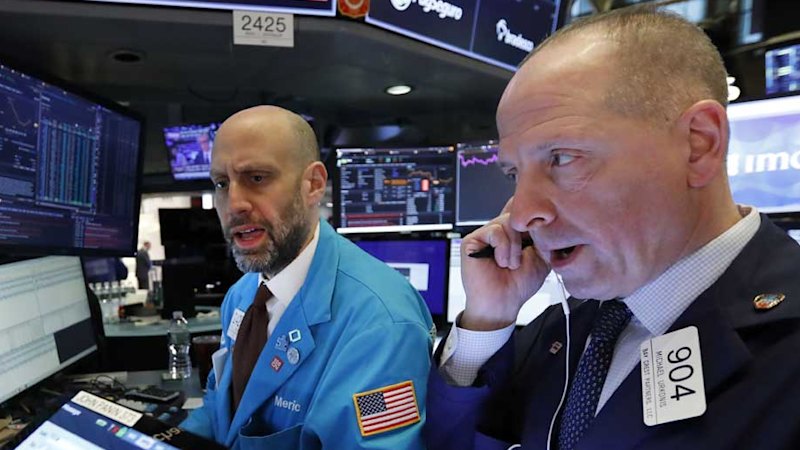
Coles has reported a significant reduction in grocery losses due to shoplifting, a development that coincides with a broader industry challenge of theft and organized crime affecting retailers nationwide. Despite the success, staff continue to encounter threatening situations as they navigate this persistent issue.
Chief Executive Leah Weckert announced that stock loss volumes have reverted to 2015 levels following the implementation of several theft prevention strategies. These include advanced camera monitoring systems known as “skip scan,” automated security gates referred to as “smart gates,” and innovative “bottom of trolley” technology, which have been deployed across hundreds of stores.
“During that period, as we have improved on loss, the market has not,” Weckert stated, highlighting Coles’ unique position in effectively curbing theft while others in the retail sector continue to struggle.
Technological Innovations in Retail Security
The introduction of these technologies marks a significant advancement in retail security. “Skip scan” systems are designed to detect when items are not scanned at self-checkouts, while “smart gates” help control store entry and exit points. The “bottom of trolley” technology ensures that items placed underneath shopping carts are accounted for during checkout.
These measures have proven effective in reducing theft, yet they come amid a backdrop of increasing retail crime, particularly in Victoria. “Despite the investments that we’ve made in safety initiatives for our team, we are continuing to see increases in threatening situations in store,” Weckert noted, emphasizing a regional disparity in crime rates.
Industry-Wide Challenges and Responses
The retail industry as a whole is grappling with an uptick in theft and organized crime. According to industry reports, the cost of retail crime in Australia runs into billions annually, with organized crime syndicates often targeting high-value goods.
Retailers are responding with a mix of technological solutions and increased security personnel. However, the effectiveness of these measures varies, and many businesses are calling for stronger legislative support to tackle the root causes of retail crime.
Expert Opinions and Future Implications
Security experts suggest that while technology can deter opportunistic theft, it may not be as effective against organized crime. “Technology is a tool, not a panacea,” said retail analyst John Doe. “Retailers need a comprehensive approach that includes community engagement and collaboration with law enforcement.”
Looking ahead, the success of Coles’ strategies may serve as a model for other retailers. However, the ongoing threat to staff safety remains a pressing concern. As Weckert pointed out, “It is definitely the case that in Victoria, retail crime is escalating more than what we are seeing in other states.”
As the industry continues to evolve, the balance between technological innovation and human oversight will be crucial in addressing the dual challenges of theft prevention and employee safety.
In conclusion, while Coles’ measures have yielded positive financial outcomes, the broader implications of retail crime require a multi-faceted approach that extends beyond technological solutions. The company, along with the wider retail sector, will need to adapt continuously to these challenges to ensure both profitability and safety.







